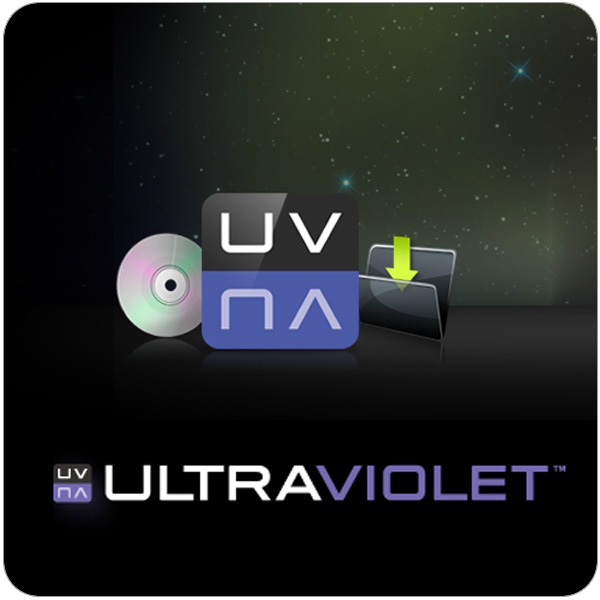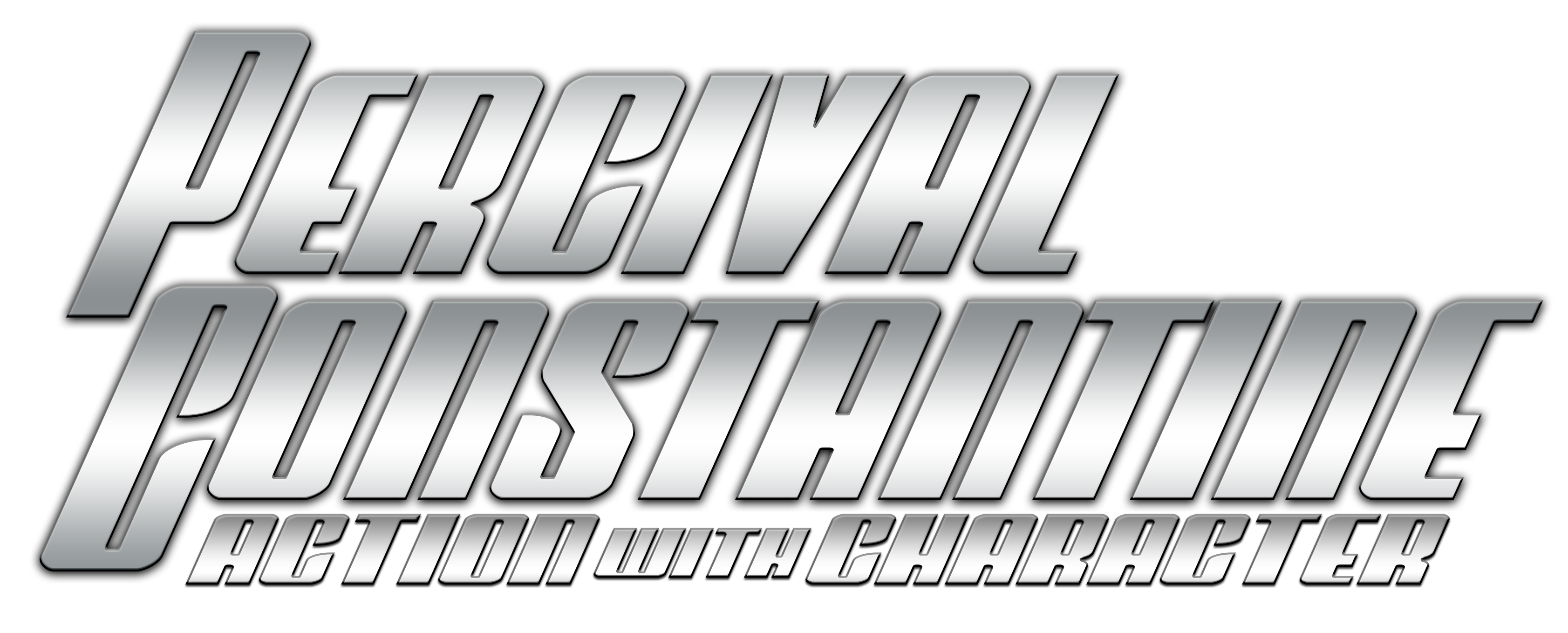 My first introduction to UltraViolet came through Vudu. Before I picked up my Apple TV, I would often use Vudu to rent digital movies and watch them through my PS3. Once, while searching through new rentals on Vudu’s site, they advertised a program called Disc-to-Digital. I read into it out of curiosity, and here’s what has to be done.
My first introduction to UltraViolet came through Vudu. Before I picked up my Apple TV, I would often use Vudu to rent digital movies and watch them through my PS3. Once, while searching through new rentals on Vudu’s site, they advertised a program called Disc-to-Digital. I read into it out of curiosity, and here’s what has to be done.
1. Create a Vudu account. Okay, already have one. Also need an UltraViolet account and need the two linked. Umm…okay?
2. Create a movie list of DVDs and/or Blu-rays you want to convert. You can only “convert” movies that UltraViolet has the rights to stream.
3. Take your list and the DVDs you want to convert to your local Wal-Mart. They will mark the disc indicating that it’s been converted (so you can’t loan it to a buddy and have him convert it) and unlock access for the movie through Vudu/UltraViolet.
4. The service costs $2 to “convert” DVDs/Blu-rays and $5 to “upgrade” from SD to HD quality.
So this whole “conversion” thing is not actually a “conversion” at all. I understand paying to upgrade from SD to HD, but paying to get the exact same movie with the exact same quality? This, to me, seems like buying a new DVD player and then having to pay a fee in order to play your DVDs on the new player. For someone like me, who has a collection of around 800 movies, you’re looking at around $1600 in order to have access to the movies I already own.
You’ve got to hand it to the folks behind UltraViolet, Vudu, and Disc-to-Digital: they’re finding creative ways to get you to pay for something you already own with a minimum of work on their part.
Many movies these days come with digital download codes, which is very good. These codes should be included with every movie purchase. But some movies are now locking users into the UltraViolet model, which is very, very bad.
The argument I’m going to make today is similar to the argument I made about ComiXology several months back—if you make obtaining and accessing content legally more difficult than it is to obtain them illegally, people will choose the illegal route. And in this day and age when piracy, especially movie piracy, is a real problem, then the last thing you want to do is to make piracy an attractive option for people.
When I got my first iPod, I didn’t need to pay to put all the CDs I owned onto my computer. I still don’t, I can pop a CD into my optical drive and iTunes will copy it to my computer. But according to the DMCA, I can’t do this with movies. With music, it’s legal. With movies, it’s illegal. And why? Simply because the movie studios were paid up with the right politicians. That’s the only reason.
If I have to jump through hoops in order to convert my library or to get the movie I want on the platform I want, why would I waste all my time with that when I can just head on over to a torrent site and have an HD-quality movie downloaded in a fraction of the time it takes to fill out all these damn forms and registration and verifications and whatnot?
There are a few things studios need to do in order to make things easier for the consumer, and I’m positive the vast majority of consumers will happily play ball and have less reason to complain:
1. If a movie costs the same on Blu-ray as it does on iTunes or Vudu or wherever, it should be the exact same product. That means all the same extras, same quality, everything.
2. Disc releases with digital codes should be redeemable in all formats, not just UltraViolet. I should be able to access all my movies on one device with one account, I shouldn’t need to sell my Apple TV and lose the purchases made there in order to buy an UltraViolet-compatible device.
3. Enough with this DRM and copy protection crap. Backing up your movie collection either on discs or on hard drives should not be illegal. What should be illegal is distributing them. Besides, do some research. You can’t swing a dead cat on the Internet without hitting a site offering DRM circumvention software. Some of it costs money, some of it is free. And, given that movies ripped from DRM-protected DVDs and Blu-rays are still showing up on the torrent sites, it’s plainly obvious that DRM provides zero hindrance to criminals and only serves to frustrate honest customers.
Nothing is going to stop piracy for good. Movie piracy and bootlegs existed long before the Internet. You cannot stop it, you can only take steps to minimize its impact. But the more loops you make the honest customers jump through, the more attractive you make piracy look.

You can still use your Apple TV just get a Flixster account linked to your UV acct. and you can download and stream from the Flixster app for UV movies or iTunes for those movies.
I converted 58 blu ray and couple dvd to UV and am selling the movies to Amazon via their trade in program. My avg. trade in is just shy of $2 so the tradeoff is nearly a wash.
Now about 80-85% of my movies are in the cloud or can be downloaded to any device. My kids can access them from their mom’s house as well.
Now if only Vudu played on Apple TV…
That’s helpful information, but again, we still have the same root problem—material bought in one library is not compatible in another. If I buy one movie from Best Buy and another from Amazon, I can still store both those movies on the same shelf, I don’t need separate shelves for movies bought in different stores. But digitally, I don’t have that option, and that’s the problem I’m talking about here.
I completely,agree with you on one shelf but the convenience on multi devices and multi users at different locations in my situation has value. Also for the cost of converting I can sell movies to Amazon trade in and essentially break even. Not a,bad compromise.
But see, if you open it up as I’m suggesting in the post, without forcing your users to jump through hoops (Google UV on iTunes and you’ll see how many people have been absolutely frustrated by this), then you can have stuff on multiple devices and multiple users. And selling the movies doesn’t hold much appeal to me, because there’s a lot we don’t know about how reliable this system will remain. For example, if UV goes out of business, what happens to all those movies you paid to have “converted”?
If you allow customers to transfer the DVDs to iTunes or whatever themselves, as they currently allow with CDs, then you can keep the discs as back-ups in case something goes wrong, and it doesn’t cost you an additional fee to convert them.